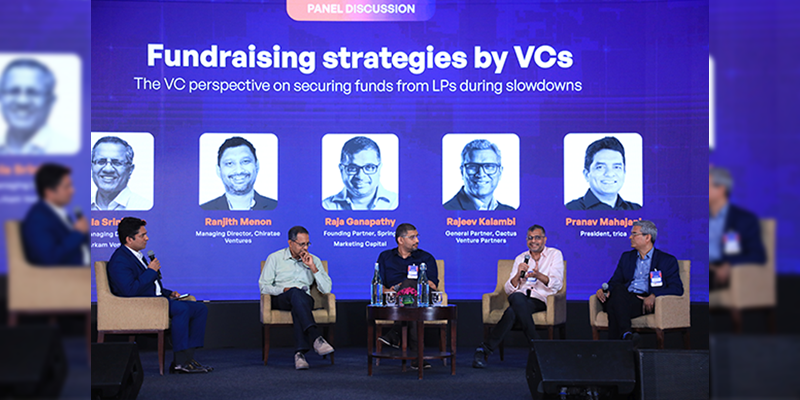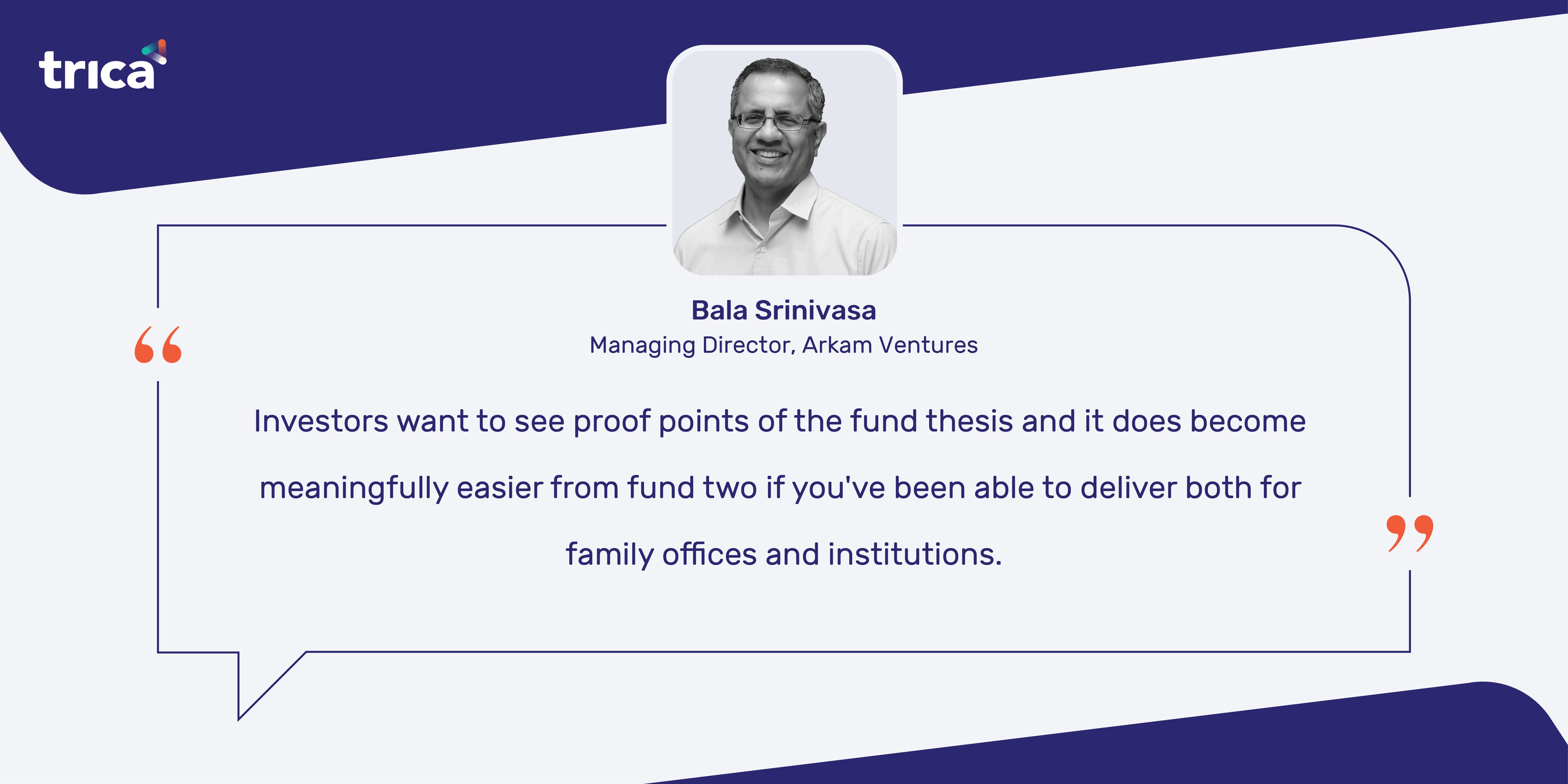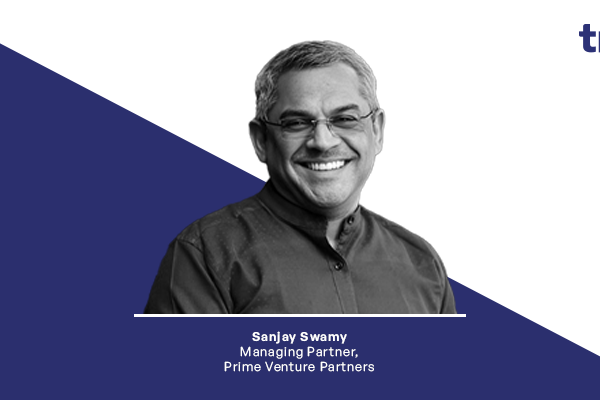
VCs on raising from Indian LPs
What does a VC fundraising strategy look like? Hear from fund founders and managers as they take us through the journey of pooling capital from family offices, pension and endowment funds, institutional investors, and other LPs.
All capital allocators as Limited Partners (LPs) think differently, according to Bala Srinivasa, Managing Director, Arkam Ventures, which is now closing their second fund of $ 180 million. Bala was speaking at a panel discussion moderated by Pranav Mahajani, President, trica, on fundraising strategies by VCs at LetsIgnite 2023, India’s largest conclave for startup investors.
He said that the way VC firms are constructed have evolved in India. If around 2006 to 2014, there were only a handful of VC firms who went out with a one-size-fits-all approach by chasing the best founders across stages and segments, VCs today take a more thesis-focused approach – based on which LPs take their bet.
So what does a fundraising experience for VCs look like?
Rajeev Kalambi is a General Partner at Cactus Venture Partners and despite having managed to raise over $70 million easily, he said that most institutional investors will find a reason to decline or wait because they’re not incentivized to take calls. They’re incentivized to become gatekeepers.
“Typically, they will not come in very easily for first-time funds. They build relationships with you to understand the investment thesis and how you’re going about it. Some might bite but most of them will typically wait for your second fund,” he explained. Family offices tend to be slightly more of a risk taker because the decision-making process is faster although the ticket size may not be very large.
When it comes to the second fund, Bala shared that the institutional investors seek proof that the fund thesis works, the fund’s approach in terms of diligence and pace of investment, and how the fund ensures good governance among its portfolio startups.
“There is a lot of focus from institutions on how funds really Institute governance with your startups. How are you going to make sure the company you invested $10 million in is not going belly up?” he said.  Having raised six funds so far, Chiratae Venture’s Managing Director Ranjith Menon shared that the kind of questions LPs ask and their diligence becomes slightly different as one grows multiple funds.
Having raised six funds so far, Chiratae Venture’s Managing Director Ranjith Menon shared that the kind of questions LPs ask and their diligence becomes slightly different as one grows multiple funds.
While fund one is really about the team, the storytelling, and the opportunity because you really don’t have anything else, track record is critical as you go into second, third, and fourth funds.
The consistency in identifying winners matters. One can always get one company doing really, really well and get lucky at that but if you have five funds, show you’ve figured out a way or a process of identifying five companies that are doing really well across funds.
“At the end of the day, this business is really about identifying those winners. If you have 100 deals that have happened and you did all the 99 but missed the Flipkart, it really becomes extremely difficult,” Ranjith added.
At this stage, LPs are also concerned about how you are institutionalizing the whole fund.
Whose funding winter?
The ecosystem witnessed the classic trope of best and worst of times, the epoch of belief and epoch of incredulity in the pandemic years till the funding winter set in.
It is also important to understand who is really facing the wrath of the funding winter because good founders are getting funded, despite a slightly longer response time from VC.
Funding has reduced by 70 percent compared to the highs of 2021. However, we’re not significantly off from average prior to 2021 in terms of the total quantum of investment and the number of transactions.
According to Ranjith, seed to series A stage investments continue to see activity while there’s a significant drop in number deals in series B, Series C and beyond.
He attributes the slump to uncertainty around ‘right’ valuation and fatigue from significant investment in the 18 months or so of euphoric funding.
In fact, Raja Ganapathy, Founding Partner, Spring Capital, believes those who have invested a bulk of money between 2020 and 2022 are going to lose the money.
“I think LPs have to be a lot pushier with fund managers because they’re gonna lose that money. That’s the truth. Unfortunately, people forget that the VC business only plays out after seven years and eight years. It doesn’t play out immediately,” he added.
Investors must stay disciplined and view cycles as part of their life. It doesn’t mean they stop investing. Having the discipline to run through these cycles is finally what makes an investor great over a longer period of time.








